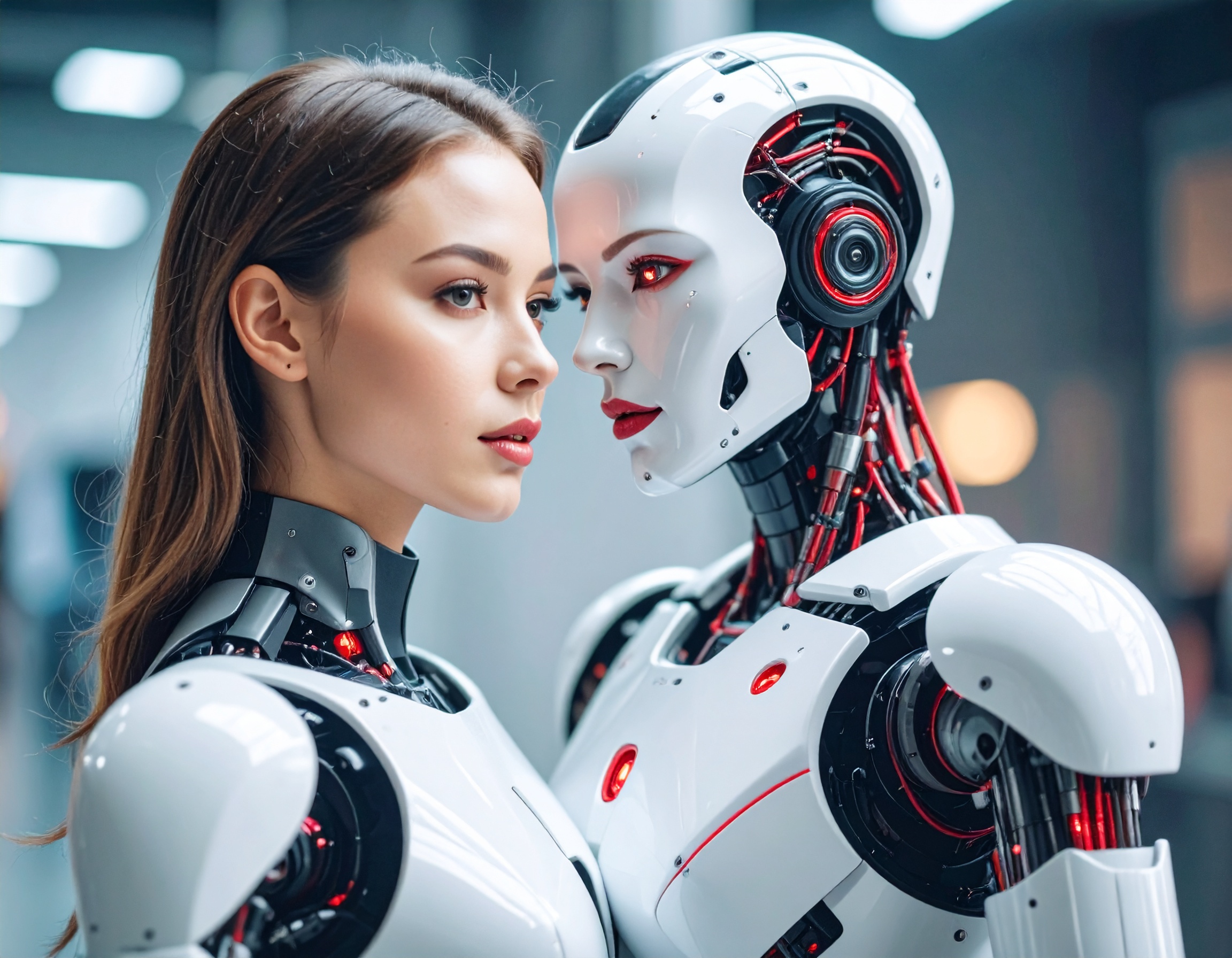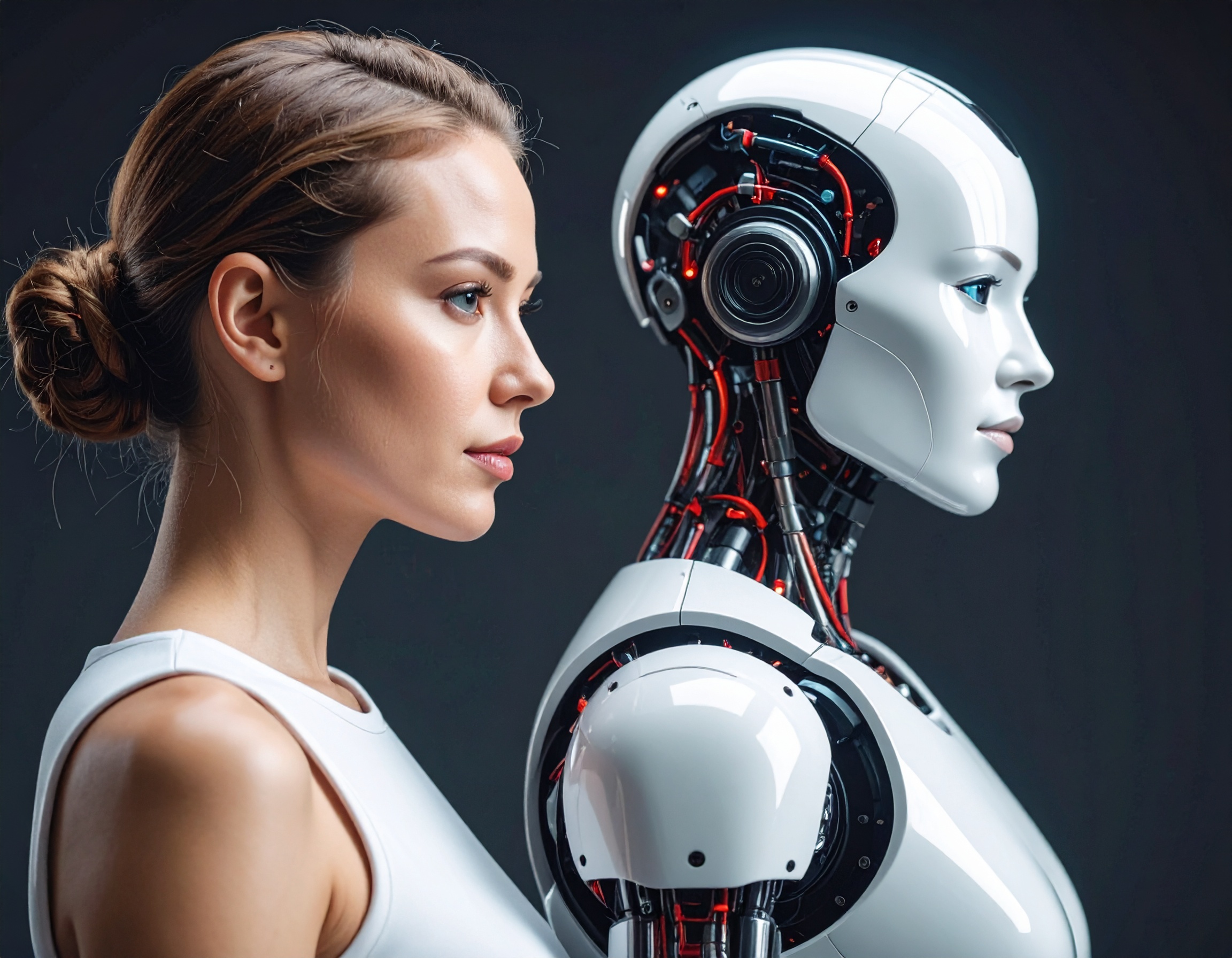Redefining the Workforce: How Intelligent Agents and Digital Employees Are Transforming Industries

In a recent report released on January 21, 2024, Gecko Robotics and Rho Impact have shed light on a transformative era where robots and artificial intelligence are becoming indispensable in reshaping critical industries. The study explores the significant role these non-human workers can play in fortifying sustainability while concurrently enhancing profitability across various sectors.
The research unfolds a compelling narrative across five key industries:
- Oil and Gas Pipelines:
- Early detection of corrosion by robots.
- AI-driven preventative maintenance for a potential 556 MMT CO2e reduction in fugitive emissions.
- Pulp and Paper Industry:
- Digitalization to prevent corrosion and enhance efficiency, leading to a 46 MMT CO2e emissions reduction.
- Maritime Transportation:
- Digitalization optimizing loads and preventing 11 MMT of CO2e emissions through efficient vessel inspections.
- Bridge Infrastructure:
- Robotics for data collection and AI for analysis to cut traffic-related emissions by 10 MMT CO2e.
The linchpin of this technological revolution, as emphasized in the report, is data. Traditional manual inspection methods fall short, providing limited insights into critical defects in infrastructure. The consequence is premature asset replacement with avoidable environmental and business impacts. Conversely, deploying robots and AI for digital transformation allows for comprehensive data collection, facilitating prioritized maintenance and repairs.
This digital evolution carries profound implications, projecting an annual reduction of 853 MMT of CO2 emissions by digitizing carbon-intensive infrastructure. Equivalent to removing nearly two-thirds of gas-powered vehicles in the U.S. from the roads. The study issues a compelling call to industries to embrace this revolution, not only as a response to global warming but as a strategy to strengthen their financial standing. The synergy between sustainability and profitability has never been more apparent.
Key Highlights:
- Groundbreaking Study: A collaborative effort by Gecko Robotics and Rho Impact released on January 21, 2024, reveals the game-changing potential of robots and artificial intelligence in reshaping critical industries for sustainability and increased profitability.
- Massive Emission Reduction: The report underscores the colossal impact of digitizing carbon-intensive infrastructure, suggesting an annual reduction of 853 million metric tons (MMT) of CO2. This staggering figure is equivalent to removing nearly two-thirds of gas-powered vehicles in the U.S. from the roads.
- Five Key Sectors: The study identifies five critical sectors where digital transformation technologies could bring about efficiencies and emission reductions: Oil and Gas Pipelines, Pulp and Paper Industry, Maritime Transportation, Bridge Infrastructure, and more.
- Oil and Gas Pipelines: Implementation of robots for early corrosion detection and AI-driven preventative maintenance programs could potentially result in a remarkable 556 MMT CO2e reduction in fugitive emissions.
- Pulp and Paper Industry: Digitalization of physical assets can prevent corrosion, with the added benefit of a 46 MMT CO2e emissions reduction and a 6% improvement in emissions efficiency.
- Maritime Transportation: Digitalization is proposed to optimize loads, detect leaks on large ships, and efficiently inspect vessels, preventing 11 MMT of CO2e emissions.
- Bridge Infrastructure: Deployment of robots for data collection and AI for analysis could cut traffic-related emissions by 10 MMT CO2e, showcasing the potential for reduced maintenance and repair time.
- Crucial Role of Data: The report emphasizes that the success of bringing major carbon-emitting industries into the digital world hinges on comprehensive and detailed data. Traditional manual inspection methods often fall short, leading to premature asset replacements with avoidable environmental and business consequences.
- Symbiosis of Sustainability and Profitability: The study serves as a clarion call for industries to embrace the digital revolution, highlighting the symbiotic relationship between sustainability and profitability. The integration of robots and AI not only addresses the challenge of global warming but also enhances operational efficiency and extends the lifespan of infrastructure.
Reference:


